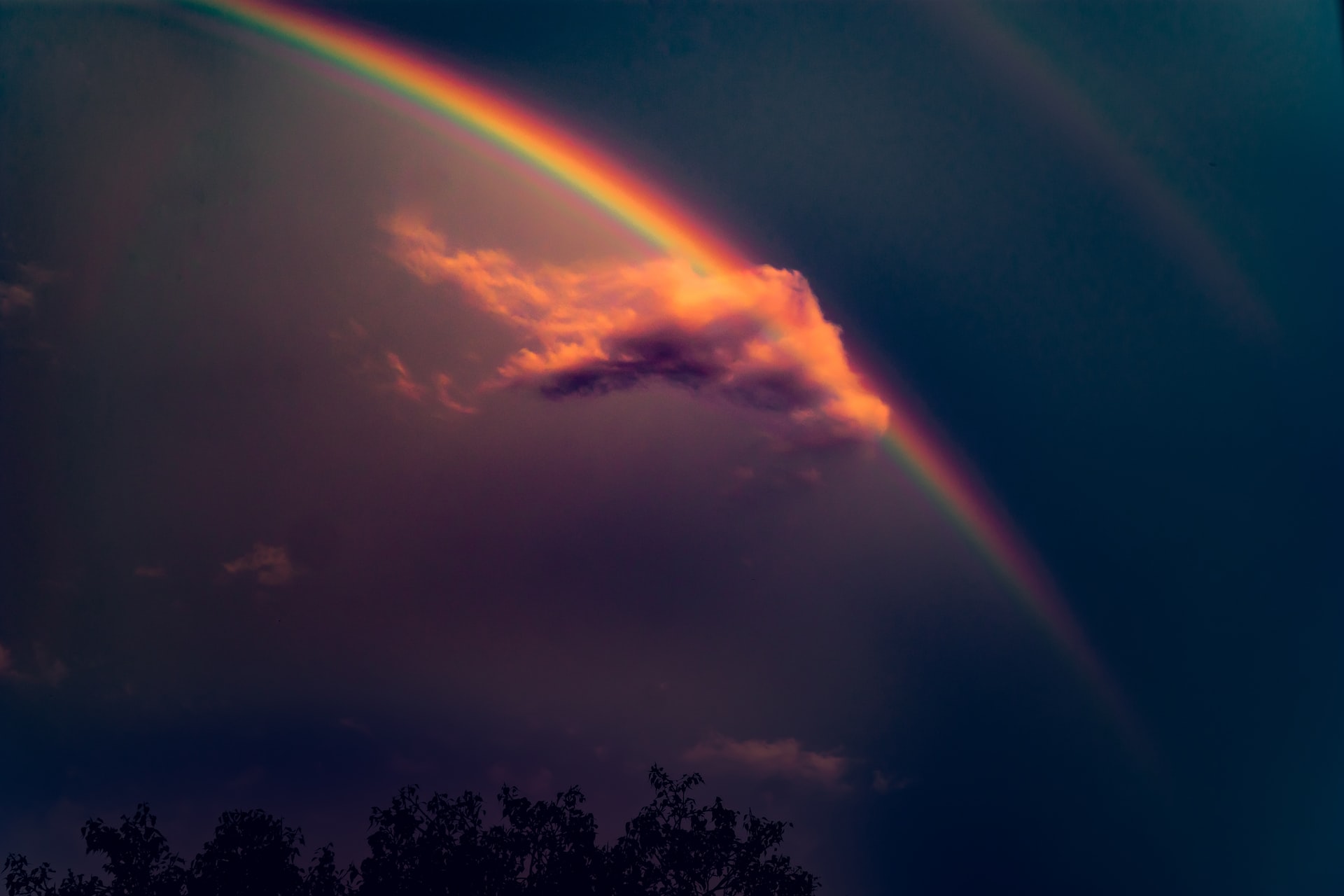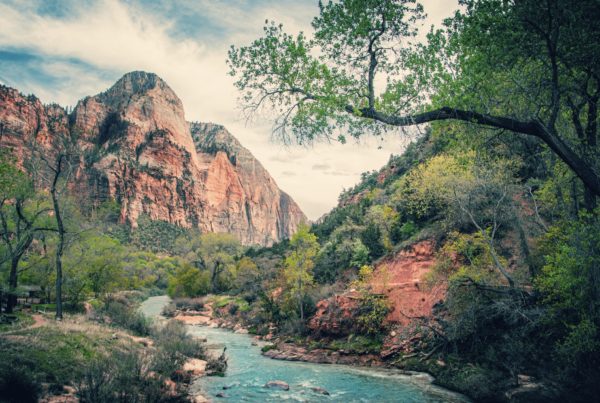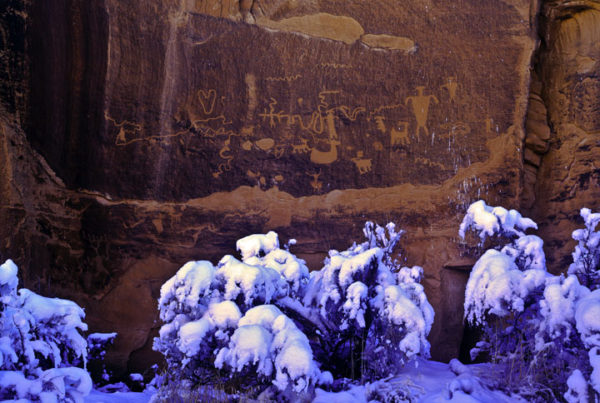“The best criticism of the bad is the practice of the better.”
– Richard Rohr
Last week was a rough week in Mormonism. I won’t go through all the details as they’ve been covered by people much more qualified than me. But suffice to say, Elder Jeffery R. Holland spoke to BYU’s faculty and staff and redrew tired and worn-out battle lines in a decades-old culture war over queer identities in the Mormon Church. Elder Holland spoke on a Monday and for the rest of the week, the Mormon Twitter-Stake and Bloggernacle were running about unpacking and mourning traumas, old and new.
A lot of tweets and articles were spinning on whether or not you can consider yourself an ally and still be a member of an institution that perpetuates spiritual, emotional, and physical abuse on queer bodies. Does ally-ship need to be something conferred upon you by queer people or is it an identity you can claim through action and solidarity? I don’t have the answers. What I do know is that the waters are murky and there are no clean or solid answers. Uncertainty reigns.
For me, the problem of my own participation in systems of power that oppress marginalized people is robust. Not only am I a Mormon that, institutionally, has a dubious history of harming indigenous peoples, queer peoples, and black peoples, but I’m also an American. I didn’t have to go to a University to learn that being an American makes me complicit in just about every horrific oppressive action taken by a country in the last two hundred years. On top of that, I also benefit from a global economy that is driving the sixth great extinction, the warming of the climate, and the ruin of this good green Earth.
My hands are dirty.

Holding the Tension
Me leaving Mormonism over queer issues would only serve my own ego and the egos of others by giving me the illusion of existing on a pedestal of purity. No such pedestal exists. Because if I leave Mormonism, I’d have to leave America, and then I’d have to leave behind my own species. On and on I would go trying to find a place of purity to stand, and I would only find myself more and more alone because no one and no thing would measure up.
Perfection is a lie told by the ego hoping to be separate, superior, and in control. Perfection and the pursuit of purity is the game so many hate about Mormonism and Western Christianity. I will not keep playing that game for another team. Because nothing will ever be enough to satisfy the demands of perfect purity. I will never be enough.
Instead, I want to learn to hold the tension of opposites within me. Mormonism is ugly, beautiful, destructive, creative, true, false, harmful, healing, life, and death. It is all things because it is made of humans who are themselves all things. Look at the Earth and see the depth of color and dimensionality to reality. Nothing is one thing or the other, black or white. The Earth that God created and said was Very Good, contains a deep spectrum of colors, shades, and varieties of all things. That is where I want to be. Awash in a flood of paradox, color, and mystery.
In learning to hold that tension instead of immediately resolving it into either “the Church is fully true and good” or “the Church is fully false and bad”, I am grounded in the real. Rather than projecting my egoic need for perfect moral purity onto this institution, I will hold the tension of my own participation in the Church’s goodness and failings inside me. That energy will root me in compassion and hopeful healing, instead of my own “rightness.”
No, I’m not going to leave my Mormon identity behind. I’m not going to remove my name from the membership roles. I’m not going anywhere.*
That being said, my ally-ship is largely risk-free from my end. I am a blond-haired, blue-eyed, cishet straight white man. I have very little personal skin in the game (granted, I would experience second-hand suffering through my numerous queer friends and family). Whether the Church does or does not make room for queer people doesn’t personally affect me. I can still hold callings, attend the temple, and show up without fearing I don’t belong.
And my choice to stay and hold that “tension” is largely a choice of privilege. My relationship to the Church is a choice I get to make, not one that is made for me by the circumstances of my birth, my gender, or my sexual orientation. I am in a place of social privilege to even be anxious over my own personal choice of whether to affiliate or not with the institution of the Church.
So while I’m not persuaded that I should leave the Church over queer issues, I’m also not convinced that my progressive “allied” presence in Church is enough. It is too easy for me. It isn’t personally risky enough.
Elder Holland made reference to money three times during his address. Whether it was intentional or a slip of the tongue, this reveals some of the brethren’s thinking on queer issues. I’m not going to pretend as though money and the financing of institutions is the only motivation they could have, but money is obviously on their mind.
So, Elder Holland, I hear you and I have made the choice to stop paying tithing. I might be “in” but I’ll participate in a refusal kind of way.
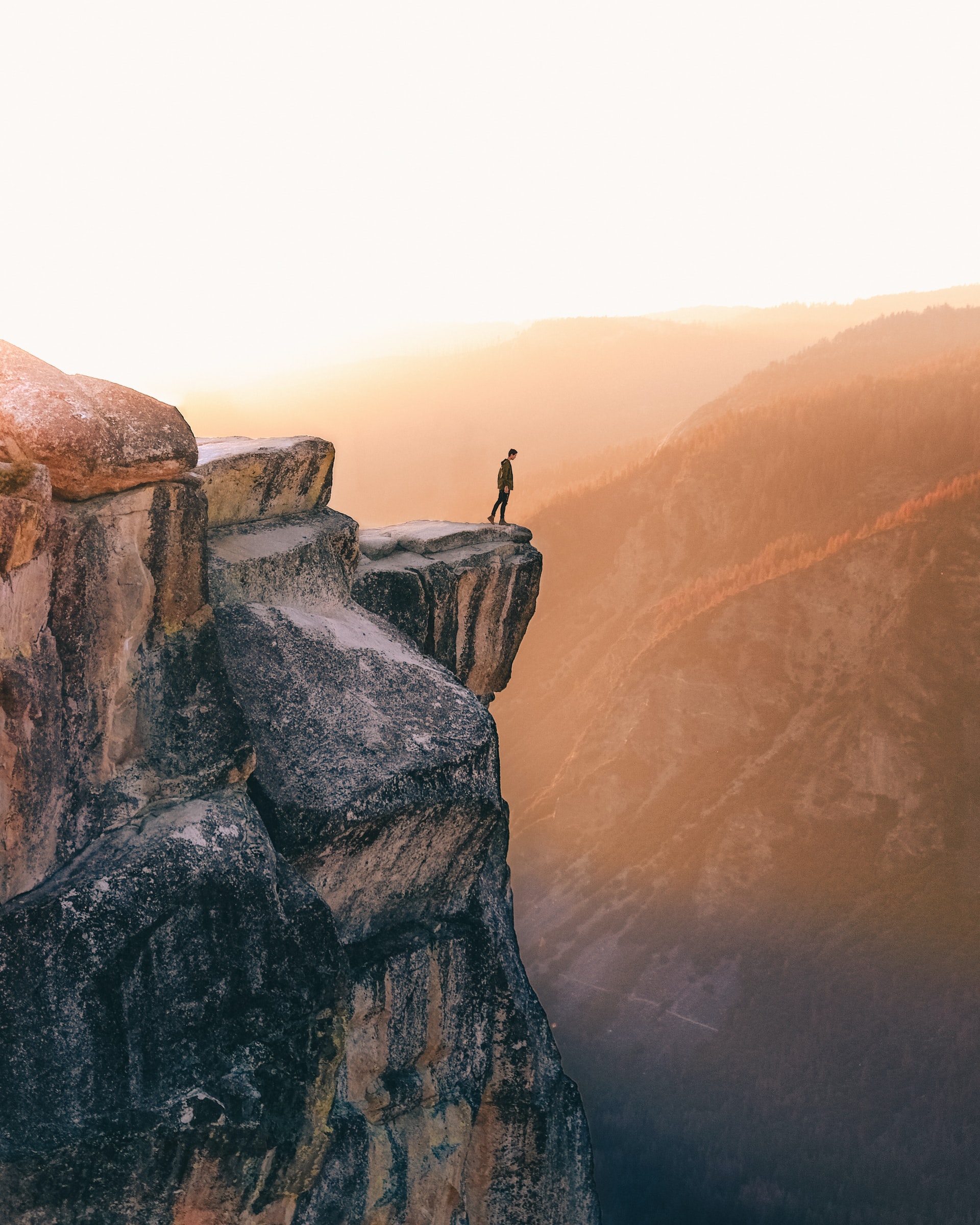
Living on the Edge of the Inside
Much of Mormon spiritual practice is the eternal chasing of higher and tighter circles of belonging. It is a race to the top of the mountain signified by status-holding callings, temple recommends, and external validation. “Further up and further in” is our mantra. Though what we don’t realize is that in our pursuit for tighter, smaller circles, we are leaving people behind. There are fewer and fewer people around us who stand up to our rigorous purity tests. Our tireless pursuit of moral perfection will eventually leave us alone, in a circle that can’t even contain ourselves — denying even our shadows.
It is a lonely game.
I resonate very strongly with the Franciscan path and the path of Jesus, which is the complete inverse of this race further up and in. Instead, I want to push myself out and down, finding larger circles of belonging that can include more and more. This is called being on “the edge of the inside.”
St Francis intentionally lived in a way to identify with peoples on the edges of society. That was part of the reason for the vow of poverty. Francis knew that if he chased the inner circles he would be blinded by power and status. And so instead he opted out. Not out of the Catholic Church, but out of the game of status and power. He lived outside of the city and truly went without purse or scrip so he could identify with, and stand in solidarity with, those in the margins. This way his actions were without guile, rooted in love, and were efficacious because he was intimately familiar with the powerless. He was a wounded healer.
By not paying tithing, I will put myself on the outside. I will no longer qualify for a temple recommend and, depending on the bishop, will no longer qualify for most callings. The inner circles will be locked to me, but that’s ok. I prefer the company on the edges. And so did Jesus.
(Let’s not pretend that the Church will miss my meager financial contributions. In that single $100 billion investment portfolio, they probably make in seconds what I would contribute over a year or even a lifetime. But it isn’t about the money. It’s not even about sending a message. It’s about solidarity.)
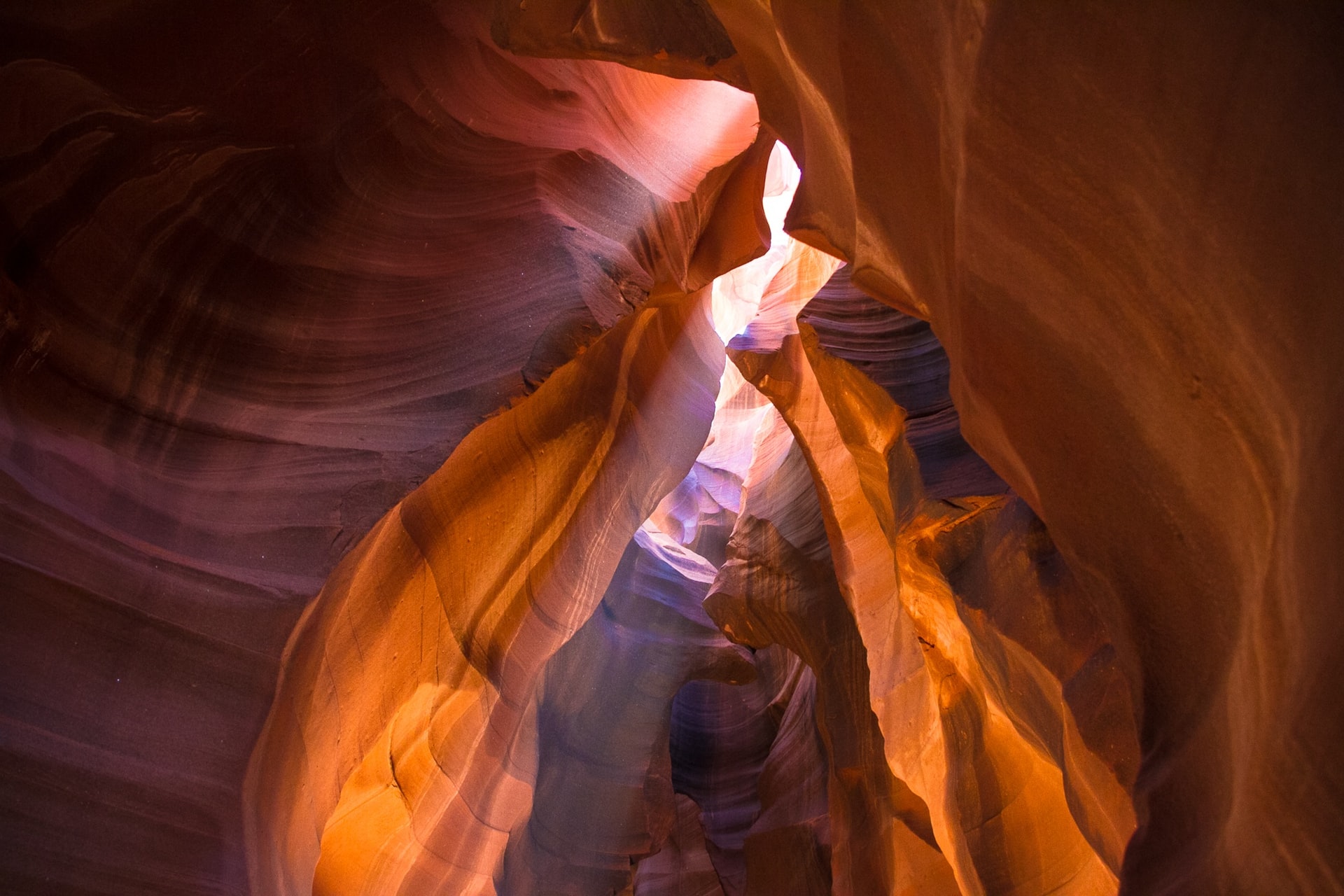
A Faithful of Risks
We Mormons love external validation of our internal chase of private perfection. A temple recommend is just that. That little piece of paper tells many of us that we are supposedly doing ok and that God is pleased with us.
Choosing to not have a temple recommend is a risk. But I no longer need the external validation of my own private goodness because I participate in something much bigger and better than I could ever be on my own. My own breath is a testament to my membership in God’s boundary-less circle of love.
That I won’t be able to enter any of the temples for ordinances, both private and proxy, is a real consequence. But this risk gives me very little pause.
For one, temples have always been symbols. They even say this quite explicitly in the opening narration for the endowment ceremony. Though I think many of us don’t hear it and still take the rituals quite literally. Temples are architectural symbols of mountains and the Earth. Enter any temple and you’ll be surrounded by paintings and murals of the Earth. Even God, in the book of Job, says the Earth is The Temple (Job 38:4-7). Temples are supposed to be signposts pointing at something much bigger. They are symbols meant to be looked through, not idols to be looked upon.
So, while I recognize the power of ritual and ceremony, I understand that they are fingers pointing to God, the Earth, and the great interrelatedness of reality. In centuries past, temple ceremonies were done in the mountains and in the wild. I have no intention of performing these rituals in the out of doors. But I know that God’s Divine Presence saturates all of reality and is freely accessible to anybody with a body. There exist temples of sandstone, granite, wood, water, and ice. I just have to have the sense to recognize that the place whereupon I stand is holy ground.
The proxy risk of not being able to attend the temple is that I no longer get to participate in the work of redeeming the dead. And I would fully agree. Going without a temple recommend means I won’t get to do the ritual proxy work for the dead and departed. I hope the dead can forgive me. But I think there’s another layer to their redemption the dead probably are keener on.
Imagine for a moment that you were a slaveholder living in the 1700s. You die and accept the gospel in the next life, repent of your racist ways, and see things more clearly than you ever have. While awaiting your resurrection, you look upon the modern Earth and see the legacy of slavery in America. You see how much we struggle and are debilitated by your era. You see the modern world entangled in the sins of your generation and the generations that proceeded you. Is this not hell for you?
I see the work of redeeming the dead to be about much more than proxy ritual work. It is about redeeming our ancestors by remaking the world they left us. My efforts to be anti-racist, to be an ally, to connect people to the Earth, are all efforts to redeem my forebearers. Our efforts towards social justice in all forms is work towards cleansing the dead of their sins. And my hunch is they are ecstatic to see us caught up in this work.
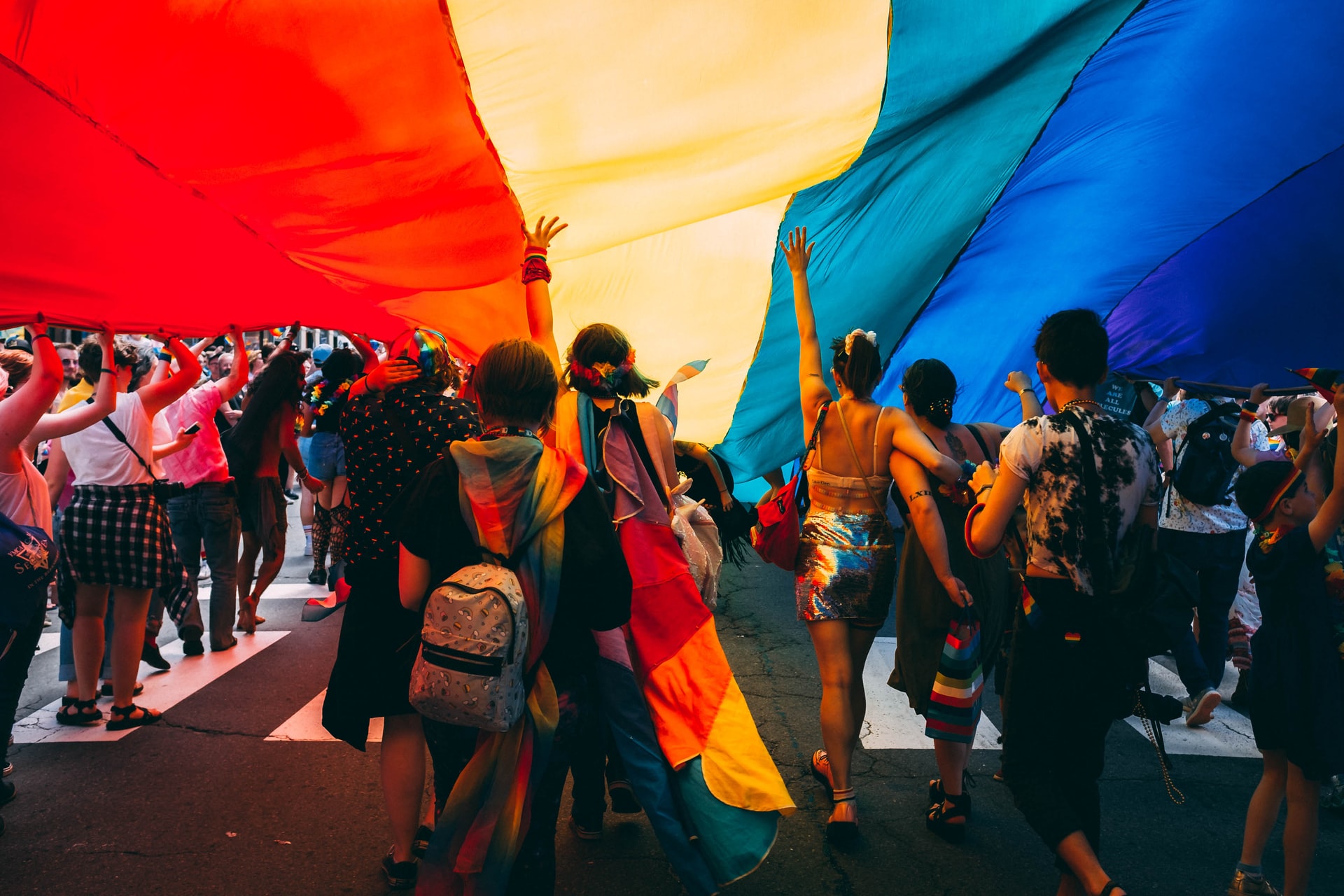
God Make Me Human
There are many more risks caught up in the choice to not pay tithing or have a temple recommend. But my response will be the same — so be it. Let me out of the ivory tower. Surround me with the people who have been shut out by institutional failure. They were good enough for Jesus. They are good enough for me. Cover me in dirt and grime. I make no pretense about my own purity. I am human and give up any and all claims to perfection.
God, make me human. Help me gracefully embrace the complexity and duality of all that means. Give me real freedom. Bathe me in a world of paradox and a rainbow of colors. Grant me the courage to walk on the edge with balance and wholeness and softness of gaze. Help me say yes before I say no, and honor the no’s of others. Above all, let me choose love over personal status and power.
*Just because I stay does not mean others cannot leave. If it is healthier for you on the outside of the Church, then please, take a step out towards healing. I will fault you for nothing.
